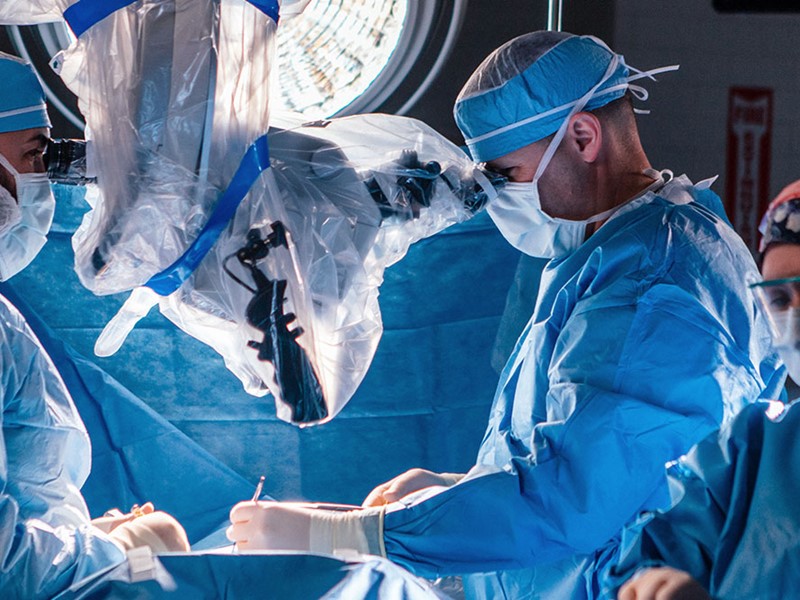Idaho Falls Community Hospital Receives Special Designations to Care for Trauma, Heart Attack and Stroke Patients

We are excited to announce Idaho Falls Community Hospital is now a designated Level IV trauma, Level III stroke and Level II heart attack (officially known as STEMI) treatment center by the Idaho Department of Health and Welfare. The designation means we have the team, tools and experience necessary to diagnose and treat potentially deadly heart attacks, strokes and trauma.
The designations are part of Idaho’s Time Sensitive Emergency System, which was created to help address the top three preventable causes of death. Hospitals must undergo a rigorous review process and site inspection in order to earn these designations. Our team started working on our stroke, heart attack and trauma programs in June of 2020.
“In emergencies, time matters. Our team has worked hard to make sure every second counts, so we can give our patients the best care and outcomes possible,” said Casey Jackman, COO of Idaho Falls Community Hospital. “Our new designations should give our community members peace of mind that when you are treated by us you will receive timely, evidence-based care.”
Idaho Falls Community Hospital has a fully staffed emergency department that is open 24 hours a day 365 days a year, so patients can receive treatment whenever they need it. This includes broken bones, appendicitis and trauma cases. Our hospital has more than 80 in-patient rooms, including a 16-bed intensive care unit, for people whose injuries or illness are serious enough that they need to be admitted for care.
If you are experiencing a medical emergency, it is important to seek care as quickly as possible. This is especially true for heart attacks and strokes, where minutes have the potential to greatly impact your long-term quality of life.
The deadliest type of heart attack is the ST-segment elevation myocardial infarction (STEMI). In these cases, patients’ coronary arteries become totally blocked, or very close to it, preventing oxygen-rich blood from reaching parts of the heart. As part of its Level II STEMI designation, our team proved it could quickly triage patients presenting with signs of heart attack, provide them with appropriate treatment and medications to restore blood flow and rapidly transfer patients if they required a higher level of care.
Receiving treatment within three hours of the first symptoms of a stroke can greatly improve a patient’s chance of making a full recovery from a stroke. During this time-critical window, patients who are experiencing an ischemic stroke can be given clot busting, thrombolytic therapy. This medicine can help break down blood clots and restore the flow of blood and oxygen to the brain. Under its Level III stroke designation, we demonstrated we can consistently perform a CT on patients, which is crucial to guiding life-saving treatment, within 25 minutes of their arrival.
“Achieving these designations underscores our commitment to continually improve for our patients and our community,” said Dr. Brian O’Byrne, Idaho Falls Community Hospital’s Time Sensitive Emergency Director. “We are proud of all that our team has been able to accomplish in the very short time since opening the facility and we look forward to continuing to grow the services and level of care we can provide.”
The team at Idaho Falls Community Hospital is always standing by to care for community members in need. If you are having a medical emergency, heart attack or stroke, please call 911 to seek treatment immediately.
The Idaho Department of Health and Welfare reviews stroke and STEMI designations every three years to ensure hospitals are still following best practices and providing patients with the right care, at the right time, in the right setting. We are already planning on building upon our existing programs, so we can seek designations to care for higher acuity patients in the future.


